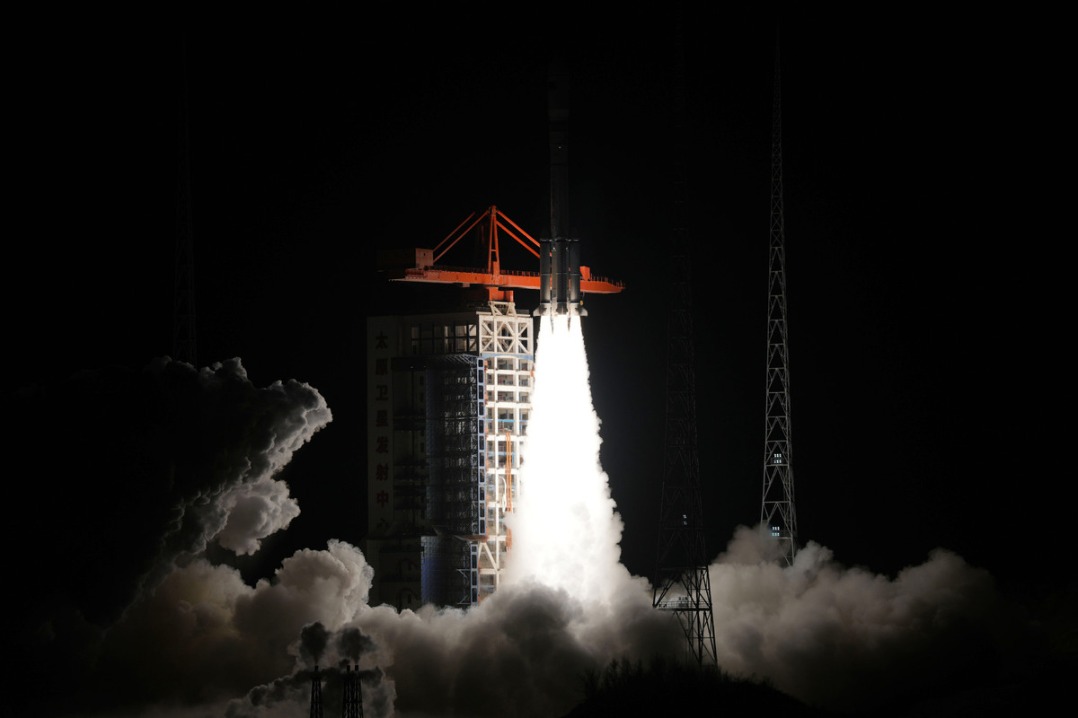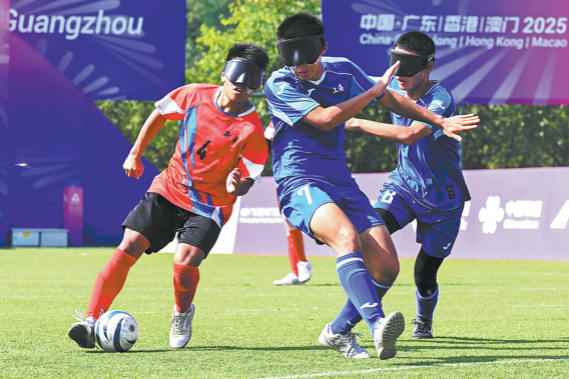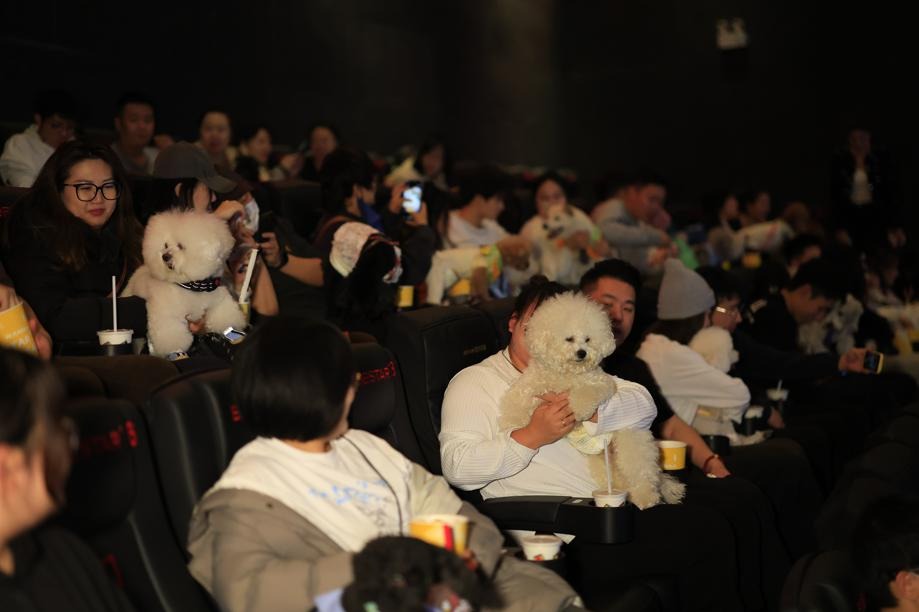Insights on HK from Deng Xiaoping's speeches

It's a misunderstanding that the central government can't take part in Hong Kong affairs
"One country, two systems" and "a high degree of autonomy" does not mean that the central government has no say in Hong Kong affairs. The central government can and must step in to solve problems that Hong Kong cannot handle by itself or those that are in the charge of the central government. The central government not only has the right but the responsibility to do so.
When meeting with members of the drafting committee of the Basic Law in 1987, Deng Xiaoping pointed out: "There is another point that I should make clear. Don't ever think that everything would be all right if Hong Kong's affairs were administered solely by Hong Kong people while the central government had nothing to do with the matter. That simply wouldn't work — it's not a realistic idea. The central government certainly will not intervene in the day-to-day affairs of the special administrative region, nor is that necessary. But isn't it possible that something could happen in the region that might jeopardize the fundamental interests of the country? Couldn't such a situation arise? If that happened, should Beijing intervene or not? Isn't it possible that something could happen there that would jeopardize the fundamental interests of Hong Kong itself? Can anyone imagine that there are in Hong Kong no forces that might engage in obstruction or sabotage? I see no grounds for taking comfort in that notion. If the central government were to abandon all its power, there might be turmoil that would damage Hong Kong's interests. Therefore, it is to Hong Kong's advantage, not its disadvantage, for the central government to retain some power there."
Now, things that undermine Hong Kong's fundamental interests have indeed occurred, as well as interfering and sabotaging forces, and the central government will surely exercise its power to maintain the interests of China and Hong Kong.
The central government exercises overall jurisdiction over Hong Kong in accordance with China's Constitution and the Basic Law of the HKSAR. It is not about the central government tightening or loosening its management over Hong Kong. These powers are written in black and white in the law, and the central government can exercise its power at any proper time. The Standing Committee of the National People's Congress has made five interpretations of the Basic Law of the HKSAR, which resolved disputes arising from major political and legal issues in Hong Kong society. Anyone who takes an objective attitude will think the central government is doing the right thing for the benefit of Hong Kong.
The central government's power has ensured the bottom line of "one country, two systems" will not be overstepped. When meeting with Hong Kong and Macao compatriots attending the National Day celebrations in 1984, Deng Xiaoping said: "After 1997 Taiwan's institutions in Hong Kong will be allowed to remain. They will be allowed to disseminate their 'Three People's Principles' and to criticize the Communist Party. ... However, they should take care not to create disturbances in Hong Kong or to create 'two Chinas'." He reiterated this stance at a meeting with members of the drafting committee of the Basic Law, saying that, "After 1997 we shall still allow people in Hong Kong to attack the Chinese Communist Party and China verbally, but what if they should turn their words into action, trying to convert Hong Kong into a base of opposition to the mainland under the pretext of 'democracy'? Then we would have no choice but to intervene." These cautionary warnings do remind us to always maintain vigilance and be watchful.


































